Thinking to learn some best DevOps tools to take your DevOps career one level up? Don’t worry, you’ve reached the right place! Here we bring the list of top DevOps tools for you that can help you get ahead in your DevOps career.
The harmonious relation between developers and operations unit is arguably the best thing that can happen to a project. DevOps, as we commonly refer it, is known to exponentially increase the efficiency of a project and allows an organization to deliver the expected program with respect to the project guidelines.
Enroll Now: DevOps Training Courses
However, to create and retain the synchronization of DevOps within your organization, it is essential that you employ the right set of tools. To aid you in the same, we’ve compiled the following list of the most effective DevOps tools that you can invest your resources into.
Most Popular DevOps Tools
The skills of a DevOps professional are measured in terms of his competence on the one or more DevOps tools. If you are thinking to build a career as DevOps Engineer, you must be proficient in top DevOps tools. So, here in this article, we bring a list of the best DevOps tools, choose one or more to have a successful career as a DevOps Engineer.
1. Git
Git is non-arguably the most widely used DevOps Source Code Management (SCM) tool. The tool justifies its popularity and global recognition by providing DevOps team with the convenience of members collaborating seamlessly through remote locations. Added to the same, Git also features easy integration with other popular project management software to further enhance the efficiency of an ongoing project.
Owing to the capabilities of the tool, developers can easily rollback changes to avoid bugs and errors. Git also serves as a platform where developers can code in their own developer environment without concerning themselves with the production environment integration. This essentially means that each of the involved developers can create their own snippets of code and features as different branches to later push the same into the main repository. To utilize the tools complete potential, you need to integrate your workflow with a Git repository hosting platform, the ideal example of which is GitHub.
2. Kubernetes
With the introduction of containerization with the inception of Docker, the need for managing and orchestrating a massive cluster of containers effectively emerged. Kubernetes was created to serve that very exact purpose. Kubernetes is a container management DevOps tool that is ideal for applications that come packaged with an overwhelming amount of containers.
Kubernetes allows the developers to logically segregate and package clusters of containers to be deployed to multiple machines. Kubernetes aids the developers in automating the scheduling and deployment of containers through a master-slave node arrangement. Added to that, it also smart enough to analyze if one of the slave nodes is down to redistribute the cluster of containers to ensure that they reach the connected nodes.
3. Docker
Developers working from a remote location are prone to creating code that is compatible with their personal developing environment but doesn’t integrate well with the production environment. This leads to several integration problems that require a considerable amount of time and resources to resolve.
Docker eliminates the problem by providing developers with containers in which they can package their created code along with all the dependencies and libraries. This ensures that the packaged code has all the prerequisites required to optimally run it which, ultimately, leads to easy integration with the production environment.
Docker provides developers to easily create, package, and deploy their code through containers that are packaged with the required dependencies. These containers serve as lightweight alternatives to virtual machines that would otherwise be required without the Docker containers. The convenience that Docker offers allows it to justify its title of being one of the top DevOps tools.
4. Jenkins
To ensure that the developers aren’t stuck in the dreaded feedback loop, employing Continous Integration (CI) automation is extremely important in today’s day and age. Jenkins is the ideal CI/CD automation server that you can seamlessly integrate with your project workflow to provide the developers with feedback about their recent commits in real-time. This eliminates the need for the developing team to spend most of their time resolving minuscule bugs by examining the entire source code. Owing to the same, the team can dedicate their resources to writing new codes and features for the project.
Added to the above-mentioned benefits, Jenkins also features easy integration with several other DevOps plugins. This essentially means that you can automate almost your entire project workflow by integrating Jenkins with your preferred DevOps tool plugins to further optimize the functioning of your developer team.
Enroll Now: Certified Jenkins Engineer Training Course
5. OpenShift
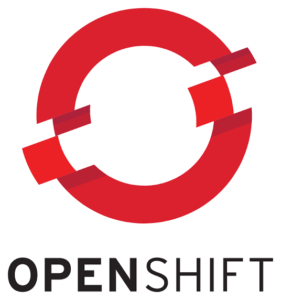
The support for multiple languages such as Java, Ruby, PHP, Node.js, Python, and Perl makes OpenShift ideal for easier development. The advantages of OpenShift as an ideal DevOps tool provide validation for its popularity. OpenShift helps the development team to focus completely on designing and testing applications through the facility of container orchestration.
As a result of faster container provisioning and reliable container orchestration, the DevOps process improves considerably. OpenShift provides an open-source platform without depending on vendors, thereby preventing the possibilities of vendor lock-in.
6. Ansible
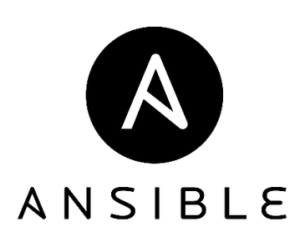
YAML is a human-readable language and enables automatic repetitive programming tasks. The use of automated and repetitive processes rather than ad hoc scripting or manual configuration management ensures the effectiveness of Ansible.
Development and operations work as integrated units in DevOps and are important for modern application design projects. Ansible helps DevOps by providing stable environments to both development and operations for better orchestration.
7. Puppet
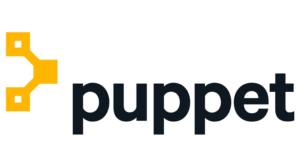
The Puppet Enterprise edition provides additional features such as orchestration, compliance reporting, and role-based access control (RBAC). Also, the website of Puppet, i.e., Puppet Labs, provides various community modules for description and management of Infrastructure as Code (IAC). The role of Puppet to DevOps is visible in reduced downtime, faster recovery, faster deployment, and easy automation of repetitive tasks.
Enroll Now: Puppet 206 Online Training Course
8. Terraform
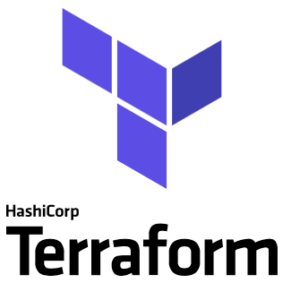
The friendly custom syntax, along with support for JSON in Terraform, rightly supports its use as a DevOps tool. It can provide better visibility into changes before they happen. The facility of a built-in graphing feature can help in better infrastructure visualization.
Furthermore, AWS Terraform also understands resource relationships. Users could break down a configuration into smaller components for efficiency in the organization, maintenance, and reusability. Most important of all, being an open-source project, it receives regular addition of features and updates from a large community of contributors.
Check Now:
9. Selenium
Testing is the most crucial phase of a project workflow. Given its significance, it is also important to ensure that you are testing even the most insignificant component of your program. However, manually testing every snippet of your source code can prove to be an exhaustingly elongated task. Fortunately, Selenium is a DevOps tool that is built specifically to aid developers in creating automated regression tests to assure that their program is working as intended.
The robust framework of Selenium allows the developers to write testing scripts in multiple languages including Python, Java, C#, PHP, JavaScript, and Ruby, to name a few. Added to the same, Selenium also supports multiplatform testing which means it can be used to test web-based applications on both iOS and Android mobile platforms as well. Owing to its open-source nature, Selenium is updated with additional features and options frequently. The aforementioned is what enables Selenium to be classified as one of the best DevOps Tools.
Getting a certification is a good way to recognize and validate your DevOps Skills. Get one of the Best DevOps Certifications and take your DevOps career one level up.
10. Nagios
With the introduction of Continous Integration and the increased frequency of updated releases, a need for Continuously Monitoring the released updates emerged. To cater to that exact need, an application named Nagios was created. Nagios is a DevOps tool created for integrating Continous Monitoring within your project workflow.
The convenience offered by the tool allows organizations to monitor their entire IT infrastructure including the application, the host servers, and the business process. Nagios is capable of monitoring and testing the plugins existing within the live servers for an application periodically to ensure that everything is working as desired. In case of any errors or insufficient resources, the tool immediately notifies the developer team so that they can resolve the issue before it affects the overall working of their application.
11. Chef
Managing and configuring multiple servers within your IT infrastructure can prove to be a time-consuming task. Added to that, while managing a vast IT infrastructure manually, the chance for human error seeping and impacting the entire infrastructure is relatively higher. Chef is a DevOps tool that ensures that all the nodes within your IT infrastructure are connected and aware of any addition or omissions within the preferences.
Chef makes it easier for adding additional nodes to your IT infrastructure without concerning yourself with manually updating all the available nodes to reflect the change. Added to the same, if the developers wish to make a considerable change within the servers, Chef would recognize the same and update all the connected nodes accordingly, thus, eliminating the manual labor that would’ve been required otherwise.
12. Bamboo
Bamboo is popularly referred to as an alternative to Jenkins. Bamboo is a CI/CD automation server DevOps tool that integrated continous integration within your project workflow. The differing characteristic between Jenkins and Bamboo is the fact that, unlike Jenkins, Bamboo comes with a pre-defined price tag. While most people would consider Jenkins as the better choice of the two owing to Jenkin’s open-source and free nature, Bamboo has its own defining traits that make it more ideal for a particular domain of individuals.
Bamboo comes pre-packaged with several built-in features that developers would usually manually set up with Jenkins. This is one of the reasons why Bamboo supports over 100 plugins compared to the 1000+ with Jenkins. Bamboo is the ideal DevOps tool for those who wish to eliminate the need to manually set up their functionalities. Other than that, Bamboo is on par with Jenkins when it comes to efficiency and productivity.
13. Raygun
Raygun is renowned as a high-grade crash reporting and error-monitoring platform. The most recent addition to their wide selection of products is their Application Performance Monitoring tool which aids organizations to implement continuous monitoring within their workflow. Raygun consistently checks the microservices and plugins within the host server and test to ensure that they are working correctly.
Owing to Raygun’s advanced error reporting codex, the Raygun APM DevOps tool is smart enough to notify the developer team of a potential outage within the infrastructure. Along with the aforementioned, Raygun’s APM tool is also capable of prioritizing the errors and allowing the developer team to better resolve the issues. This DevOps APM tool also makes it significantly easier for the developer team to resolve the error as the tool traces the issue back to the exact line of code which is causing the same.
14. Snort
While managing your IT infrastructure, security is of the utmost importance. Snort is a DevOps tool created solely for providing reliable security protocols and systems for the same. Owing to the capabilities of this DevOps tool, analyzing and detecting intrusions or attacks is more convenient than ever.
Added to the same, Snort also lets you examine the traffic data that is accessing your servers and your application. All in all, Snort is a reliable DevOps tool that is ideal for security management.
To Conclude
So, the above-mentioned tools are some of the best DevOps tools that you can employ within your workspace to increase the overall efficiency. However, choosing the best DevOps tool for your workspace comes down to your personal preferences and to experimentation with each of the listed tools.
If you are a DevOps engineer with proficiency in particular or multiple DevOps tools, validate your DevOps expertise with a certification. You can also learn about these tools with our basic courses, for this, check out our DevOps training courses. If you are a DevOps engineer on the AWS platform, AWS Certified DevOps Engineer Professional exam will be right for you. Similarly, you should go for the Azure AZ-400 exam if you are a DevOps engineer on the Azure platform.
Don’t think much, choose one of the best DevOps certifications and start your preparation now. Join us now and get ahead in your DevOps career.
- Top 10 Highest Paying Cloud Certifications in 2024 - March 1, 2023
- 12 AWS Certifications – Which One Should I Choose? - February 22, 2023
- 11 Kubernetes Security Best Practices you should follow in 2024 - May 30, 2022
- How to run Kubernetes on AWS – A detailed Guide! - May 30, 2022
- Free questions on CompTIA Network+ (N10-008) Certification Exam - April 13, 2022
- 30 Free Questions on Microsoft Azure AI Fundamentals (AI-900) - March 25, 2022
- How to Integrate Jenkins with GitHub? - March 22, 2022
- How to Create CI/CD Pipeline Inside Jenkins ? - March 22, 2022

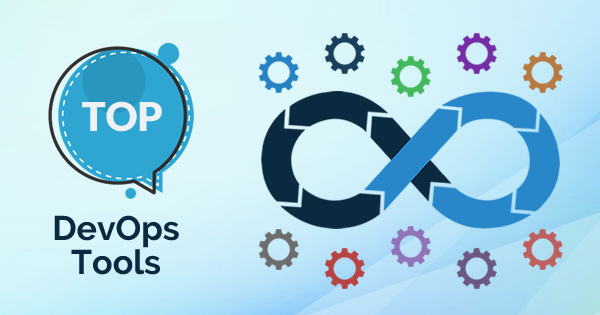


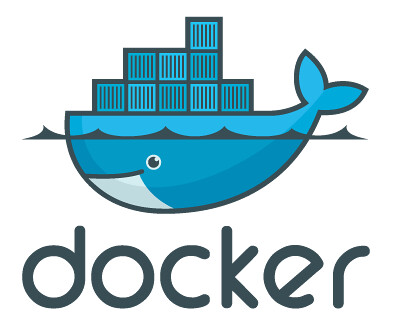


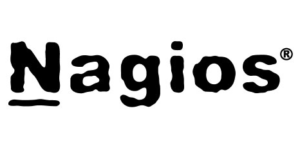



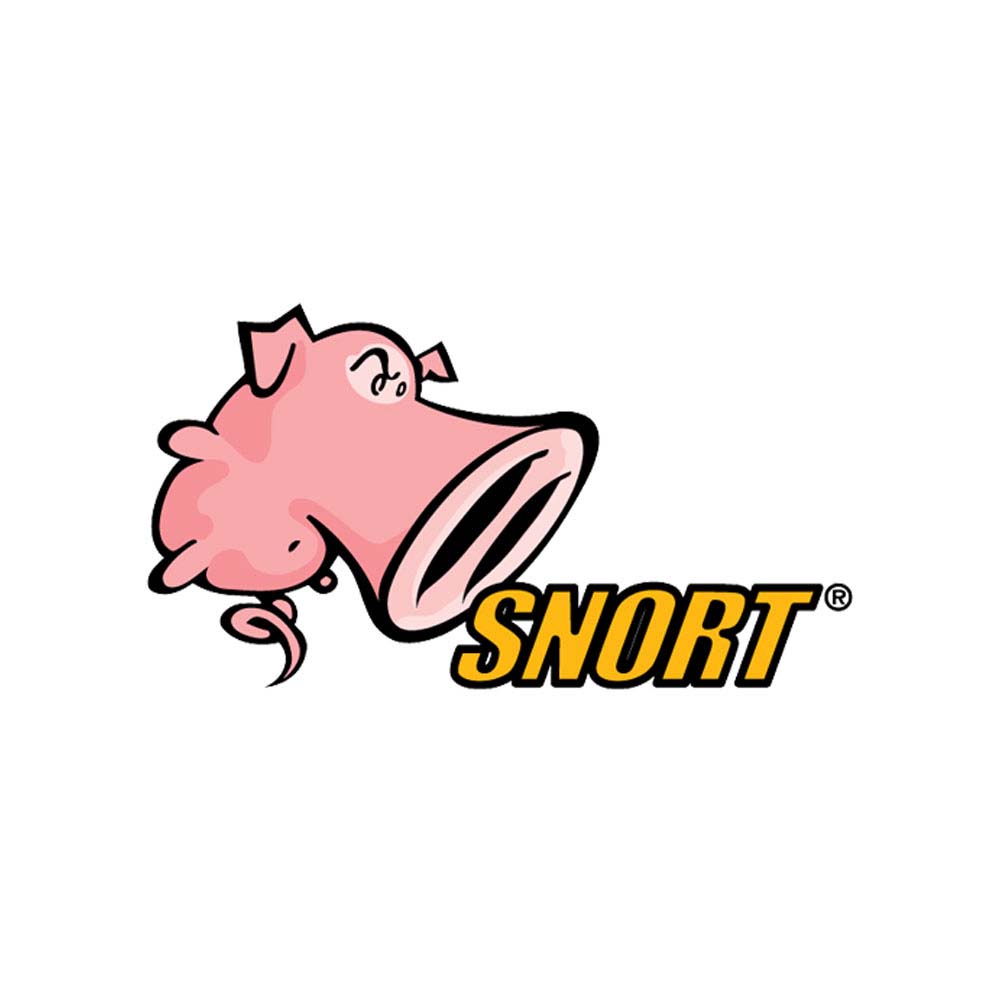



Great article. Thanks a lot for the detail explanation.
https://www.kellytechno.com/Hyderabad/Course/devops-training
Nice article and thanks for sharing the information on DevOps